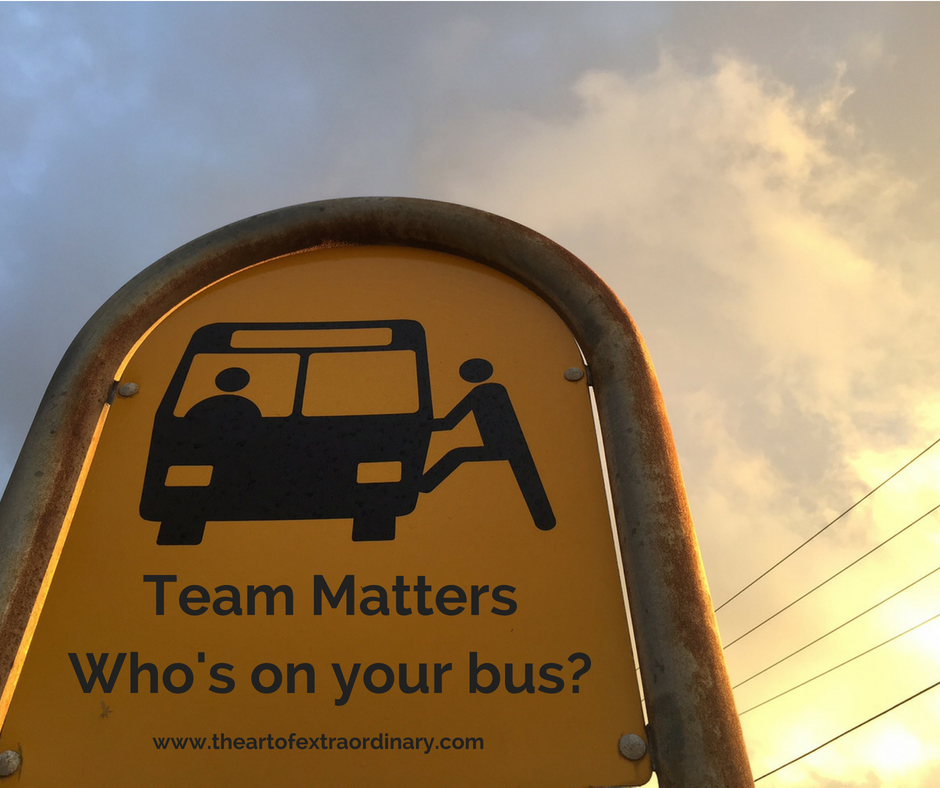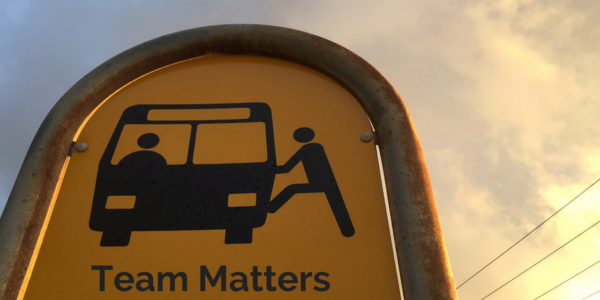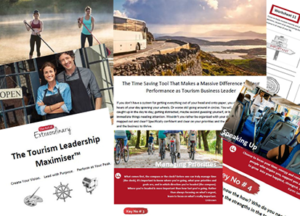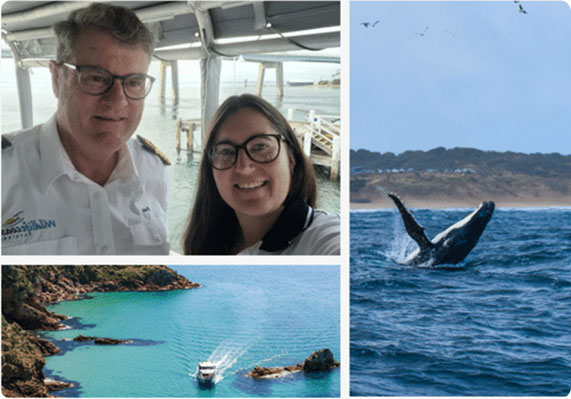 This snapshot popped up on LinkedIn’s Daily Rundown recently:
This snapshot popped up on LinkedIn’s Daily Rundown recently:
Australian hiring managers are struggling to find staff that fit in, with 78% admitting they’ve hired someone who isn’t good for team culture. The survey of 460 hiring managers showed the top issues with new staff were an inability to work collaboratively and lack of team spirit and adaptability. The research commissioned by HR firm Robert Half also found 40% of managers thought the best way to deal with the problem was to fire the new staffer.
And it really got me thinking…
Where does the problem lie? Where do you think?
It’s well before the recruitment stage.
Too often employees are hired still solely for their ‘technical’ skillset with less emphasis on the ideal mental skillset. Or is it that interviewers (whether recruitment, HR or the business leader/owner) aren’t great at knowing how to listen or see beyond what is said to better understand the mental skillset of the individual sitting in front of them?
How well does your business do at it?
Here are some questions to consider and perhaps areas where you need to tighten the process up in order to get better at matching up with your ideal team members.
Is the culture of the business clearly articulated for any recruits researching to know and get a feel for what the culture of the business is like?
Do you have a culture map for the business that clearly states and is obvious to any new team members coming in on what to anticipate? Or is it more the sink or swim approach? It’s not written or described anywhere. It’s purely on the job learning.
Is the written stated culture actually a far cry from the truth of what culture really plays out day to day? You know… it says integrity on the wall, yet there is a daily moan and groan session at the water cooler instead of open and honest communication? Then importantly is there a platform or environment that encourages that style of communication. ie. open door policy, meetings, 1-1 check-in’s, reviews, meeting held, not postponed week after week etc.
Does the position advertisement clearly state companies standards, values and expectations? Both of what’s wanted and also what’s not wanted…?
Throughout the recruitment stage is there two-way conversation regarding said standards, values and expectations or is there lots of talking and not enough listening by the interviewer?
If you’re the one asking the questions, are you asking for examples and getting people to give experiences of how they’ve handled situations in the past or what they’d do and how they’d respond in certain situations.
Whilst on the surface you’re listening to that initial response, you actually listening on a deeper level to get an understanding of their level of thinking. First off you’ll probably hear their aspirational response. You know.. the nice warm fuzzy answer of how they would handle a situation (to make them look/sound good). Even if it was in past tense. Dig deeper here, rather than taking that one response at face value. You want to actually uncover their default response. It’s how they respond under pressure, whether they’re telling you what really happened or what they’d really do. You find this, you need to mix up the questions, ask them to explain in more detail, what did that mean for you, for the team, for the business.
This listening skill takes some practice and ideally some knowledge of the values levels of thinking and behaviour, as they’ll give you a really good insight into some of the ways a person will operate aspirationally and their default. It will showcase where they’ll focus their energy and attention when in employment.
– You’ll be listening for:
- How reactive or proactive they are? Do they focus on the here and now or do they seem to have a good sense of ability to describe the long term? Do they use language like, it was hard, tough, it’s a struggle?
- Do they talk a lot about people, team and connection? In terms of “we” or “I” when describing past experiences? Do they seem more the type to want to keep people happy, blend in, not rock the boat? Could be ideal for customer service, yet may struggle in a leadership role, when this is what happens under pressure, they may be too nice? Or can you see a lot of confidence, self-assurance and suss out the ego. What’s it doing? If a warmth and connectivity with you in interview style is lacking, so too can empathy and a focus on people be missing once they’re hired.
- Do you get a vibe that they’re rather self-focused? You may need to dig deeper into past or future examples with this one? Listen again for language, how were they at taking instruction, following someone else, or do you hear any sense of “my way or the highway” as to how they responded… again this one is subtle. You’ll want a strong sense of self and power in some roles, salesperson and or someone stepping into leadership because you’ll get a strong sense of their confidence here, however, does it have the potential to border on arrogance? When power and confidence are put to misuse, underutilised and not encouraged, will it drive complacency?
- Next, you really want to see how they are at an action, following instructions, consequential thinking that enables them to be too strong at systems, structure and following processes. Key for many businesses when it comes to following existing rules and systems. Under pressure, though this level of thinking and behaviour may be very black and white, can be too judgemental, which can lead to some procrastination or rigidity. They’re not able to see choice, possibility or other options. Can be favoured for accounts/finance, yet when overdone a stickler for the rules, lacks flexibility and creativity.
- One of the most important aspects of a potential employee in this day and age is their ability to think on their feet, be adaptable, take responsibility, be creative, innovative, see possibilities and opportunities, instead of that black and whiteness, mentioned in 4. For leadership roles, you definitely want someone that can be strategic and see the forest for the trees. Someone who can have a few great ideas, yet still be decisive to choose which pathway to follow. To be the decision maker. If indecisiveness takes over then it may be the default of another level of thinking coming to haunt and hinder progress, whether its the judgement (4), the lack of confidence (3), a concern of it upsetting others (2) or even fear and extreme self-doubt (1).
- For collaboration to be possible, ideally this level of thinking is switched on, it’s fairly highly developed and not for everyone. It’s beneficial if you’re after a really strong sense of community and collaboration in the business. Not great for driving sales, competition or even decision making, as everyone will this level of thinking can play nice, yet not make decisions. However, it’s good for getting lots of people around the table.
So much to think about when looking at getting the ‘right’ people on the bus. Remember it starts well before the bus is moving….!
A bus will normally have a sign of where it’s going. A planned route. Likewise, a business must be very clear on where it’s headed, have a planned route and therefore it will know who will be the most the ideal people to travel on the bus, to make sure it reaches its destination.
Will it be overcrowded, stopping en route, taking detours, the party bus or will it be focused, driven by an articulate and inspiring leader? With the ideal team members on board, helping it get to its destination, achieving the goals along the way…
Having team members with one foot on the bus and one foot off serves no one. Sometimes, it takes some difficult conversations and action to keep the bus en route.
How’s your business travelling?



